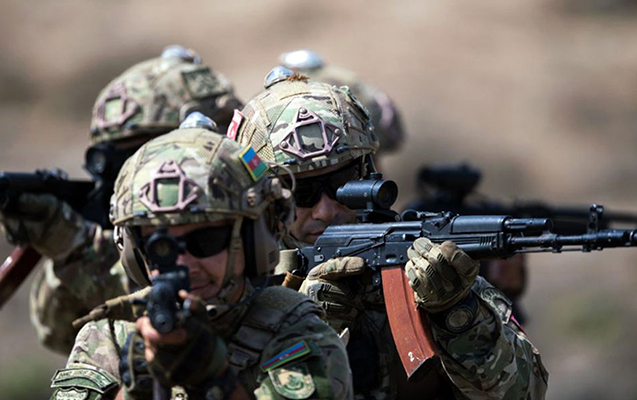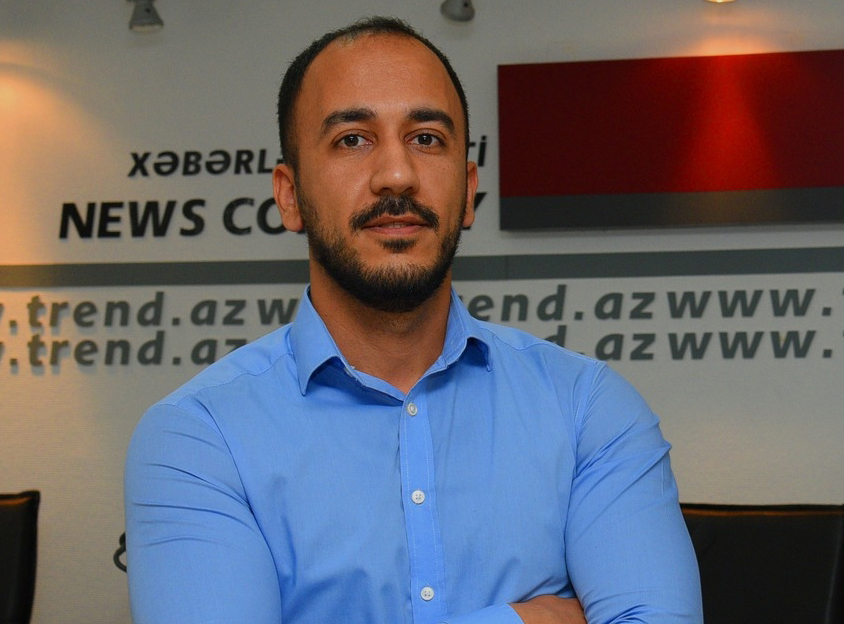BAKU, Azerbaijan, September 19. On September 19, 2023, local anti-terrorist measures carried out by the Azerbaijani Armed Forces in Karabakh significantly weakened the remaining Armenian armed formations and separatists, resulting in the disintegration of their resistance. This illustrated Azerbaijan's robust standing in both military and diplomatic strategic domains. Consequently, the Armenian forces capitulated after less than 24 hours of anti-terrorist measures, incurring significant casualties. The cessation of Armenian separatism in Karabakh resulted in Azerbaijan achieving complete territorial integrity.
On November 10, 2020, a trilateral statement following the Second Karabakh War established new realities in the region. The agreement called for the withdrawal of Armenian armed forces from Karabakh, a requirement Armenia failed to meet. Specifically, Article 4 of the trilateral statement stipulated the withdrawal of Armenian forces from Azerbaijani territories. Armenia's failure to fulfill this obligation became an obstacle to lasting peace. Yerevan sought to delay its commitments, ignoring Azerbaijan's genuine calls for peace. Furthermore, Armenia's revanchist claims and the maintenance of the status quo hindered the realization of a peace agreement.
The Armenian armed forces continued provocations, transporting weapons and ammunition through the Lachin-Khankendi road. Azerbaijan took concrete steps to prevent these provocations. The establishment of the Lachin border checkpoint in April 2023, as well as the proposal to use the Aghdam-Khankendi road for humanitarian purposes, disrupted Armenia's plans. Armenia tried to accuse Azerbaijan on the international stage of allegedly creating a "blockade" and "humanitarian crisis," but these claims were baseless, as Azerbaijan was clearly providing humanitarian assistance.
The Azerbaijani Armed Forces fully respected international humanitarian law during their anti-terrorist measures. The targets were illegal military facilities and infrastructure, with no harm to civilians. The Azerbaijani Army's high-tech capabilities and professionalism enabled them to successfully complete the anti-terrorist measures in a short time. At the same time, the government of Azerbaijan, in the face of false accusations by Armenia of "blockade" and "genocide," informed the international community of the real situation in the region.
The illegal Armenian armed formations withstood for only 23 hours and 43 minutes before surrendering. This Victory created the conditions for the complete restoration of Azerbaijan's territorial integrity and ended separatism in Karabakh.
This Victory, achieved under the leadership of President Ilham Aliyev, was the result of Azerbaijan's military strength and political will. The professionalism and power of the Azerbaijani Army thwarted Armenia's military, political, and ideological plans in the region. This Victory also once again demonstrated to the international community the strength and determination of Azerbaijan.
The successful anti-terrorist measures in Karabakh prevented further Armenian provocations and illegal actions that had been ongoing in the region for years. These measures fully restored Azerbaijan's territorial integrity and sovereignty, thereby ending Armenian separatism in the region.







